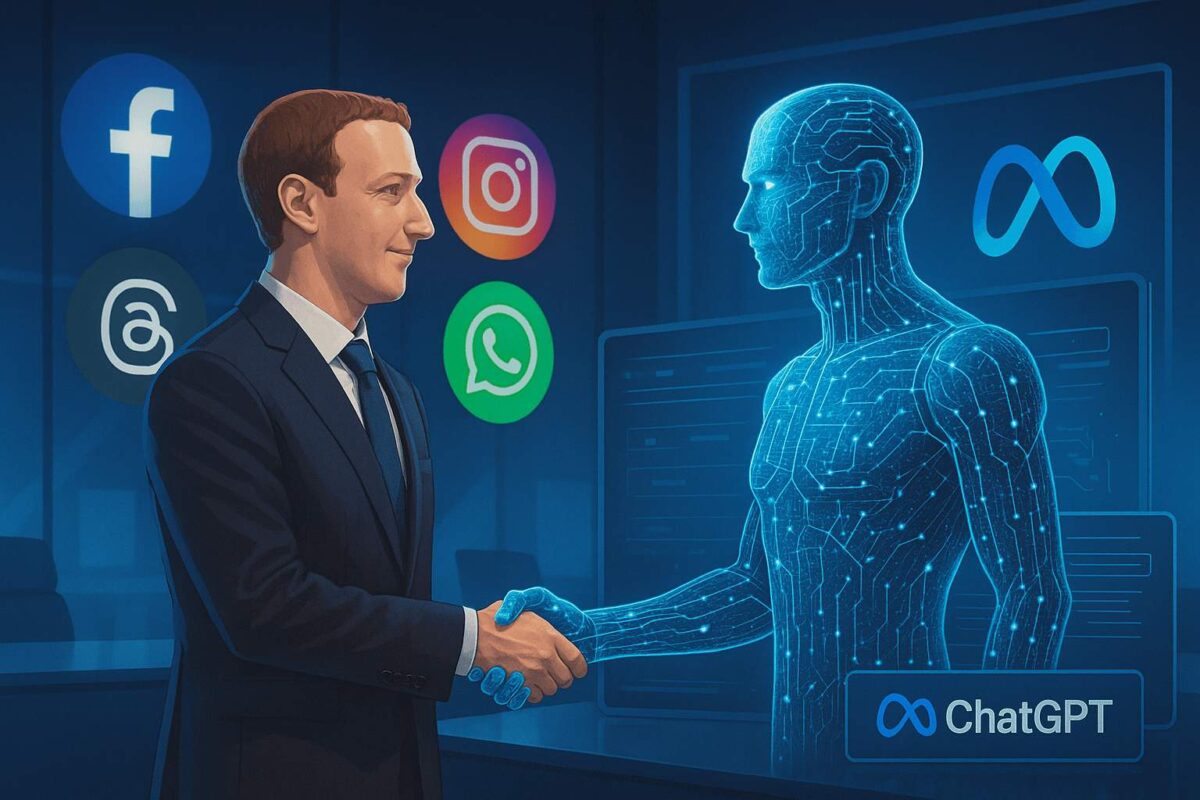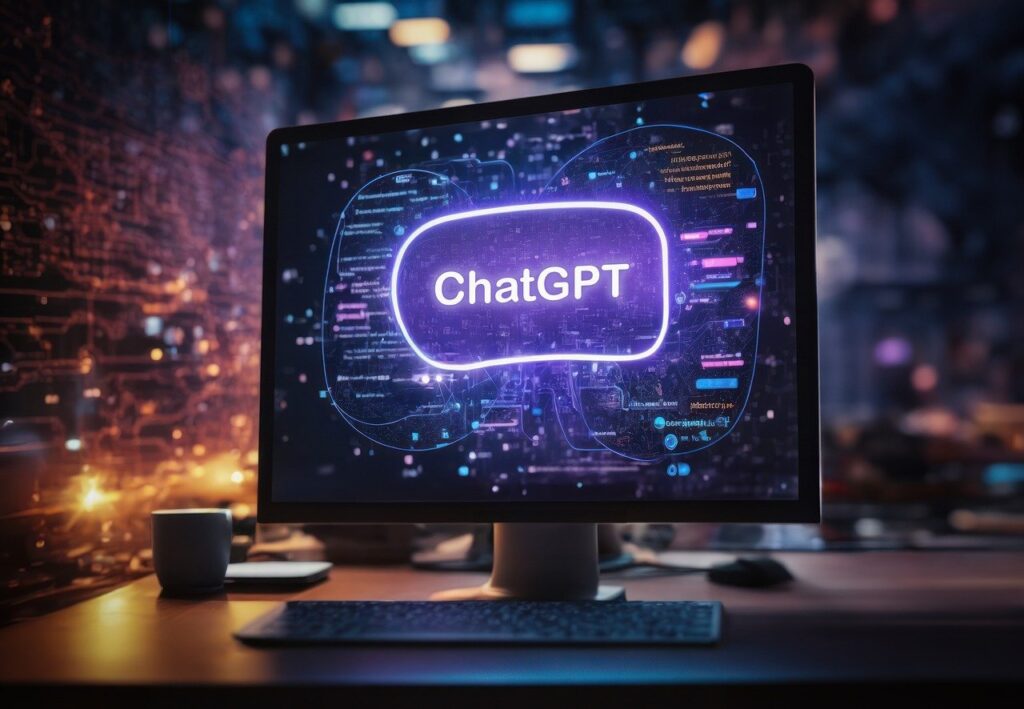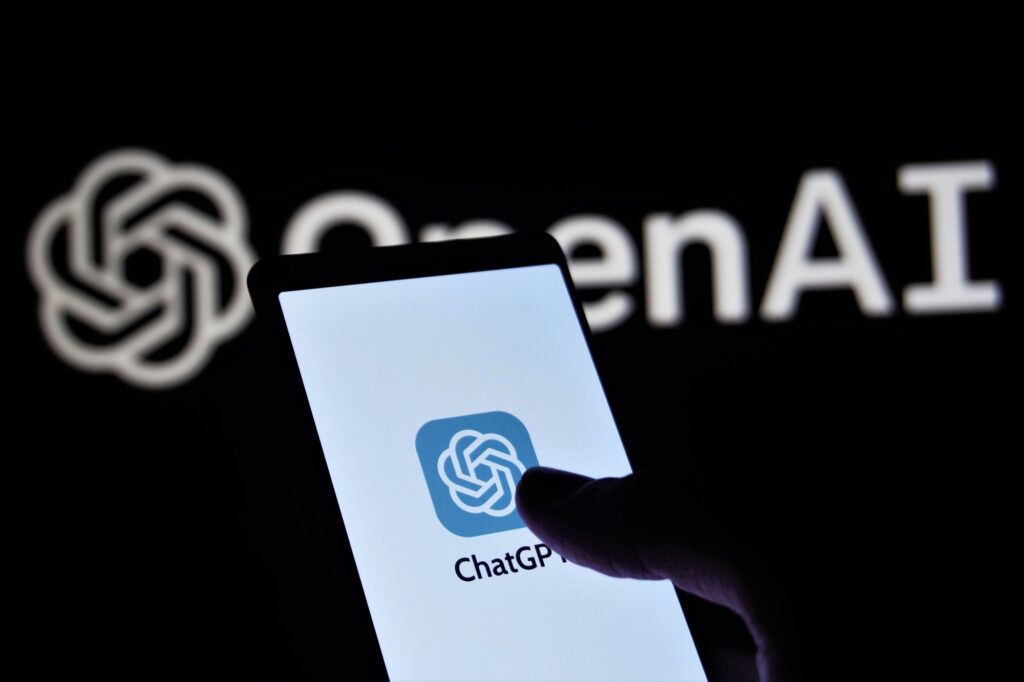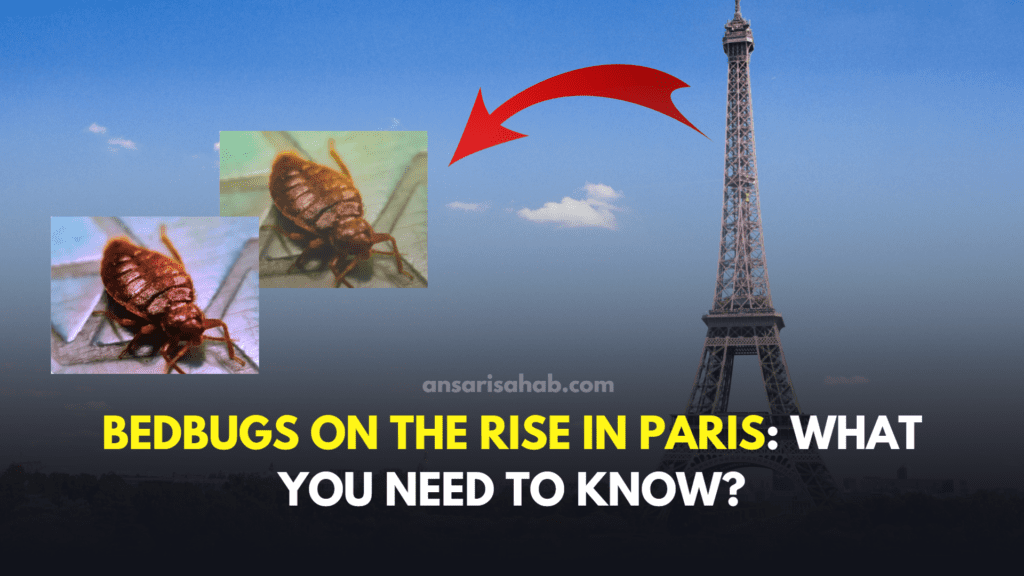Meta Platforms Inc., the parent company of Facebook, Instagram, and WhatsApp, has made a high-profile move that’s sending shockwaves through the tech world. In a bold step toward advancing its artificial intelligence (AI) capabilities, Meta has reportedly hired a co-creator of ChatGPT, signaling a pivotal moment in its quest for AI dominance.
The strategic hire marks not just an expansion of Meta’s AI talent but also a shift in how tech giants are rethinking the future of conversational AI, generative content, and intelligent digital experiences. With this move, Meta seems poised to redefine the digital landscape—again.
🧠 Who Did Meta Hire?
While the exact name hasn’t been officially disclosed as of publishing, several reports confirm that a key figure involved in the early architecture and research behind OpenAI’s ChatGPT has joined Meta’s new “Superintelligence Lab.”
This individual is said to have worked on GPT‑2 and GPT‑3, focusing on neural architecture scaling, safety alignment, and prompt optimization. Bringing this level of talent into Meta’s fold speaks volumes about the company’s ambition to lead in Artificial General Intelligence (AGI) and AI-integrated social platforms.
🚀 Why This Hire Matters
Meta has been steadily ramping up its AI initiatives, from integrating AI-driven recommendation systems across Facebook and Instagram to building the LLaMA (Large Language Model Meta AI) series. But with competitors like OpenAI, Google DeepMind, and Anthropic racing toward AGI, Meta needed a major leap forward.
Hiring a ChatGPT co-creator gives Meta a direct infusion of expertise from the team that essentially changed the global perception of AI in 2022–2023.
Key Strategic Goals Behind the Move:
- Advance LLaMA 3 and Beyond
With GPT‑4 setting new standards, Meta is under pressure to catch up. This hire will likely accelerate the development of LLaMA 3, 4, and Meta’s long-term AGI roadmap. - Improve AI Assistants Across Platforms
Facebook Messenger, Instagram DMs, and WhatsApp could soon host next-gen AI assistants that offer real-time translations, intelligent replies, business automation, and even therapy-level support. - Compete in the “AI-as-a-Service” Space
By combining OpenAI talent with Meta’s infrastructure, the company may launch its own suite of developer-facing tools, APIs, or even a ChatGPT rival.
💡 What Meta’s Superintelligence Lab Is Doing
Launched in mid‑2025, Meta’s Superintelligence Lab is the company’s most ambitious AI project to date. Helmed by industry veterans and researchers from FAIR (Facebook AI Research), DeepMind, and now OpenAI, the lab’s goal is to build:
- Open-ended AI agents
- Creative co-pilots for business and creators
- Human-aligned general intelligence
The lab will focus on reinforcement learning, safety alignment, AI ethics, and multi-modal intelligence (text, image, video, and audio).
🌐 How It Affects Social Media Users
If you’re an everyday Facebook or Instagram user, you may not see dramatic changes immediately. But under the hood, everything from your content feed to how ads are served is about to get smarter, faster, and more personal.
Expect These Developments:
- Hyper-personalized feeds: AI will understand not just what you like—but why.
- Voice-first interfaces: Chat with your feed, search with voice, or narrate a story to post.
- Smarter DMs: From auto-replies to AI-powered small business tools in Messenger and WhatsApp.
- Augmented reality + AI: Expect smarter filters, AR assistants, and generative avatars in Instagram Stories and Reels.
🧩 Meta vs. OpenAI: The New Rivalry?
The hiring move introduces an interesting twist: OpenAI and Meta are now directly competing, not just in talent but in ideology. While OpenAI has taken a measured approach to AGI—emphasizing safety and access—Meta has favored scale, decentralization, and open-source models (like releasing LLaMA for researchers).
This hire could potentially bring OpenAI-aligned safety techniques into Meta’s ecosystem, improving both AI alignment and public trust.
💬 Industry Experts React
Here’s how leading voices in tech and AI are reacting to Meta’s big hire:
“It’s a statement of intent. Meta wants to own the AI future—not just participate in it.”
— Dr. Nina Karlin, AI Strategist, Stanford
“Hiring a ChatGPT co-creator gives Meta the cultural capital it needs to challenge OpenAI’s dominance.”
— Alex Cheng, TechCrunch AI Columnist
“Expect more open-source breakthroughs from Meta now that they’ve absorbed top-tier language model talent.”
— Elena Smith, AI Policy Researcher
🔐 What About Privacy and Ethics?
Meta’s history with user data and privacy concerns still looms large. With new AI features on the horizon, questions arise:
- Will Meta ensure data used to train its models is ethically sourced?
- How will Meta address AI misinformation, especially as elections approach in various countries?
- Will there be transparency in how AI is integrated into social feeds and advertising?
Meta has promised a “Human-Aligned AI” pledge, but watchdog groups and regulators will likely monitor developments closely.
🔮 What’s Next?
Here’s what we expect in the next 6–12 months:
- LLaMA 3 release with ChatGPT-level conversational depth
- New AI-powered business tools in Facebook Ads Manager and WhatsApp Business
- Integration of AI into Ray-Ban smart glasses and Meta Quest
- Possible release of MetaGPT, a consumer-facing generative AI assistant
📈 Key Takeaways
- Meta hires a ChatGPT co-creator, marking a pivotal move in the AI arms race.
- The new hire is expected to boost Meta’s Superintelligence Lab, fueling LLaMA model improvements and AGI development.
- Consumers will benefit from more personalized, AI-driven features across Meta’s platforms.
- The move positions Meta to compete directly with OpenAI, while also raising new privacy and ethical considerations.
🧭 Final Thoughts
Meta’s decision to hire a co-architect of ChatGPT is more than just a talent acquisition—it’s a declaration of war in the battle for AI supremacy. With the social media giant now doubling down on intelligent, human-aligned systems, users and developers alike can expect a wave of innovation across all digital touchpoints.
Whether it’s helping creators craft viral content, enabling small businesses to automate customer service, or designing immersive virtual worlds—Meta’s AI future just got a lot more serious.
As the lines blur between human conversation and machine interaction, one thing is clear: AI is no longer the future. It’s the present—and Meta is all in.









